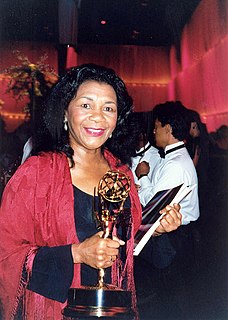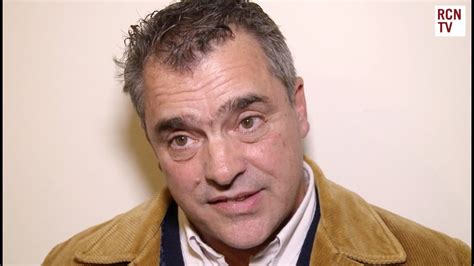A Quote by John Green
If we restructure things to see that the hero's journey is a degree in astrophysics rather than a journey to star in a reality show, that's a better world.
Quote Topics
Related Quotes
The anti-hero or hero usually has a journey or quest so they are interesting as you find out what's going to happen, what they are looking for. What are they trying to do? Sometimes what they do is heroic or comes with a price or sacrifice or maybe the way they do things isn't so great and that's when they become anti-heroes. But the journey of an anti-hero combined with a good story done well is always worthwhile.
I feel any time you enter a dream world it's like you're working out things, it's all inside your mind and you're working it out, be it Dorothy in The Wizard of Oz, or the kids in Narnia, they go through this weird journey that's not real, and they're going through this journey psychologically. It's that journey of discovery, of getting onself together, that fantasy and fairy tales are so good at. And while some people still look upon them as completely unrealistic, for me they're more real than most things that are perceived as real.


































